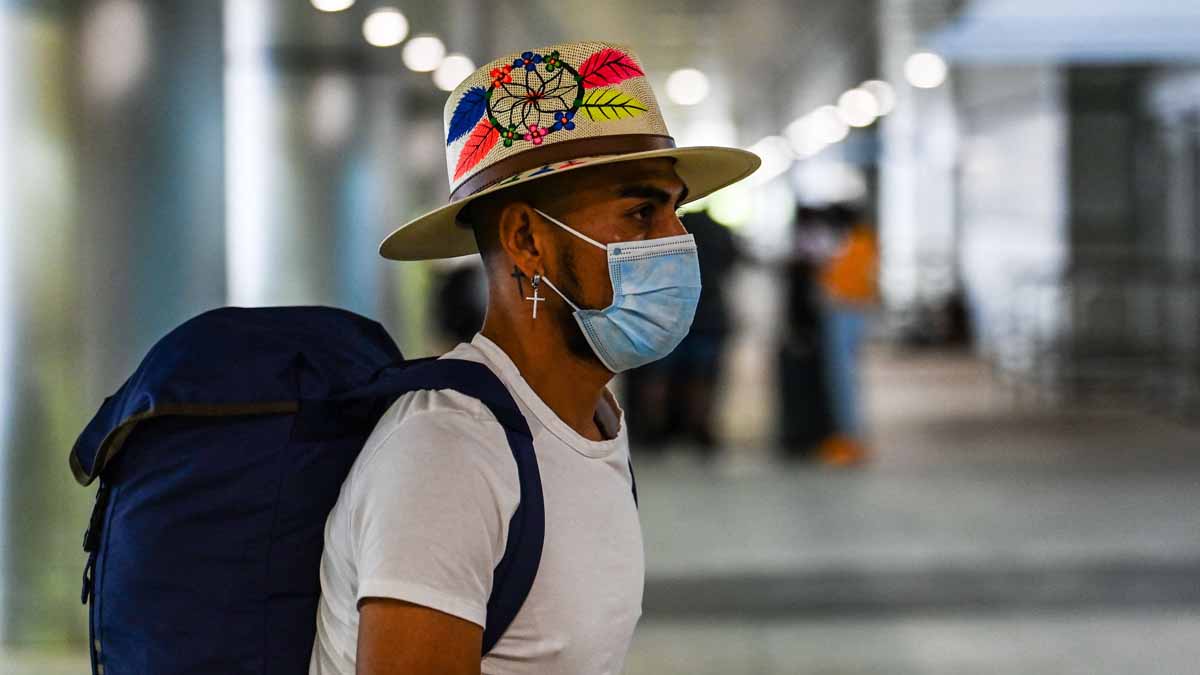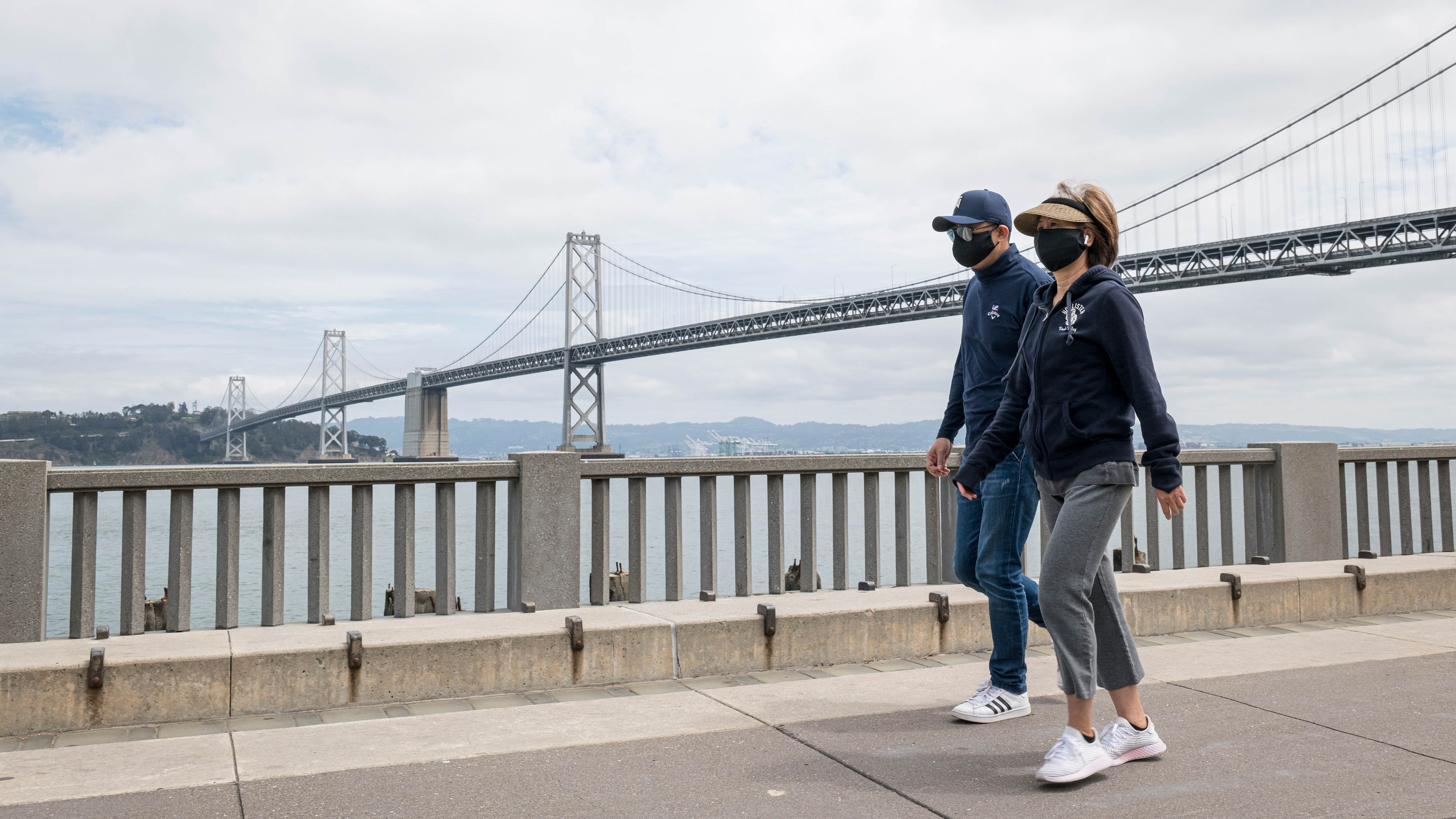
The masks can come off for fully vaccinated people in most situations after COVID-19 health restrictions are lifted Tuesday, but that is not the case for people suffering from cancer and immune deficiencies.
"They are afraid they will be mocked," said Dr. James Berenson, medical and science director of the Institute for Myeloma and Bone Cancer Research in West Hollywood.
Berenson said that cancer patients undergoing immune-suppressing treatments and those with autoimmune diseases including rheumatoid arthritis and lupus need to remain masked -- even if they have been fully vaccinated -- when out with other people.
"Through no fault of their own, they get vaccinated but can't form a response," said Berenson, who is researching whether some coronavirus vaccines might work better than others, or whether these patients need more or higher doses, or gamma globulin treatments with COVID-19 antibodies to help protect them from infection.
Get top local stories in Southern California delivered to you every morning. >Sign up for NBC LA's News Headlines newsletter.
"When you see people whose cancer is under control die of COVID, it's frustrating," he said.
Immune-compromised patients are urged to wear masks to protect themselves, but masks were an effective way of preventing people who didn't know they had COVID-19 from spreading it.
"The paradox is that the people least likely to wear a mask are the people least likely to have been vaccinated," Berenson said. "I don't know why it has become such a political statement when it should be a health statement."
Berenson was urging his patients to continue to wear masks in public and get periodic COVID-19 antibody tests after they are vaccinated to monitor their level of protection.
He urges healthy people to be mindful of the concerns of people with compromised immune systems and understand the COVID-19 threat could continue in the form of evolving variants that may be more difficult to control.
California COVID-19 Vaccinations
The map tracks the number of doses administered by a recipient's county of residence according to the The California Department of Public Health.
Source: The statewide totals for doses administered reflect Centers for Disease Control and Prevention data. Otherwise we used data from the California Department of Public Health.
Amy O’Kruk/NBC




